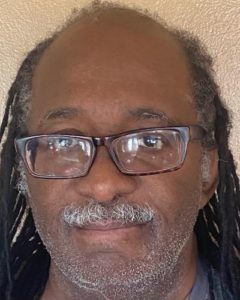|
Getting your Trinity Audio player ready...
|
Reading Time 3 mins
 tragedy centered on nineteen-year-old fraternal twins Dominic and Diallo. It opens with the accidental death of their parents. It examines how this tragedy upends lives while painting a picture of a community of colorful characters living together in a neighborhood that Dominic describes as “gone from middle class to lower middle class to having some elements of a rough block” or as the middle-class policeman derisively calls it “rats teeth poor people.”
tragedy centered on nineteen-year-old fraternal twins Dominic and Diallo. It opens with the accidental death of their parents. It examines how this tragedy upends lives while painting a picture of a community of colorful characters living together in a neighborhood that Dominic describes as “gone from middle class to lower middle class to having some elements of a rough block” or as the middle-class policeman derisively calls it “rats teeth poor people.” Bruising falls within and updates and extends the tradition of the barrack yard novels in the Caribbean landscape, popularized by C.L.R James in Mintey Alley and the early Naipaul in Miguel Street. As such, Bruising reveals the unblemished life of the ‘working poor,’ people in need, and those whom the ‘elite’ dismisses as the so-called margins of society. The author confronts the dynamics of the communal living quarters and ways of self-affirmation in a hierarchical and paternally unfair society. In a revolutionary and emancipatory mold of resistance, Dara presents the close living quarters, the friction between neighbors over space, a string of burglaries in the neighborhood, and rising gang violence and shootings in a way that compels enlightenment and action.

Click here for the Introduction.

